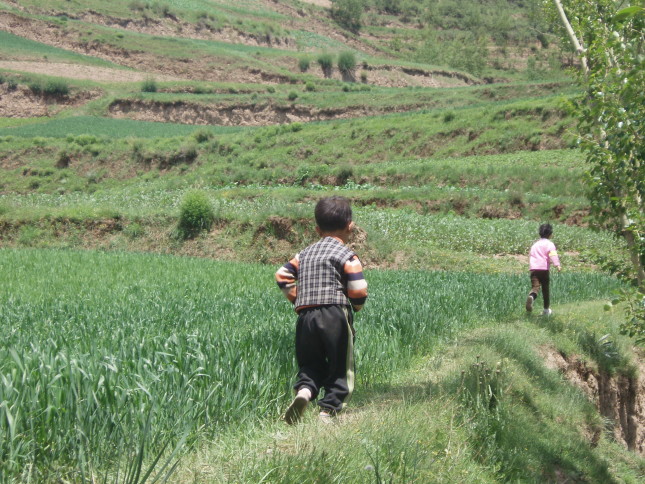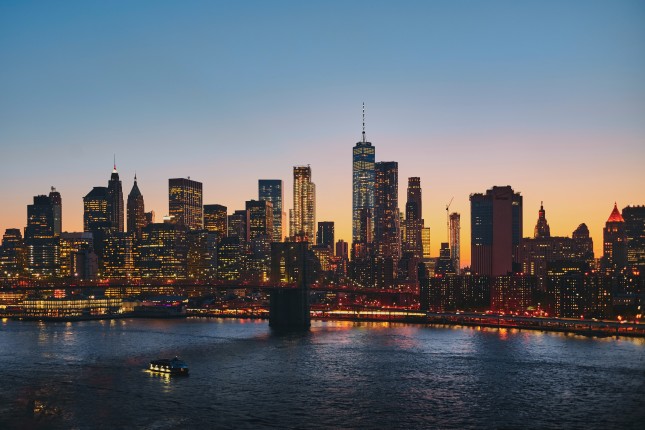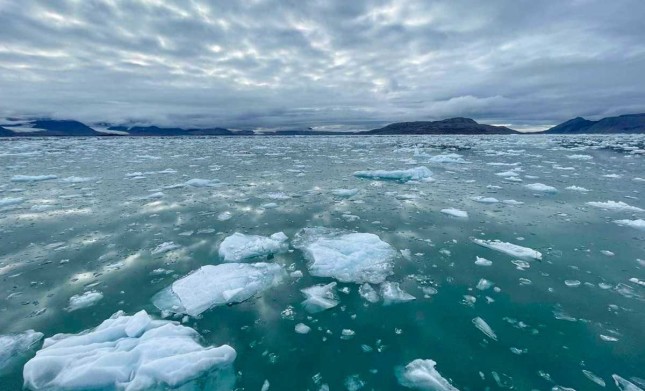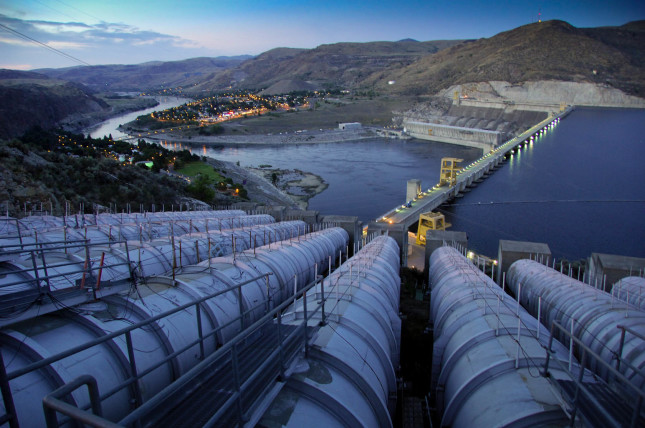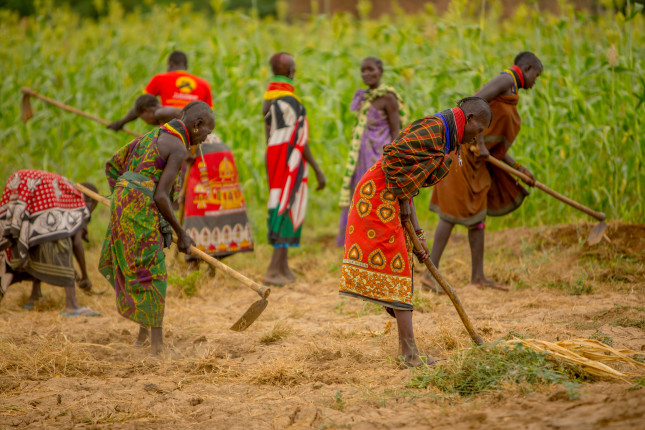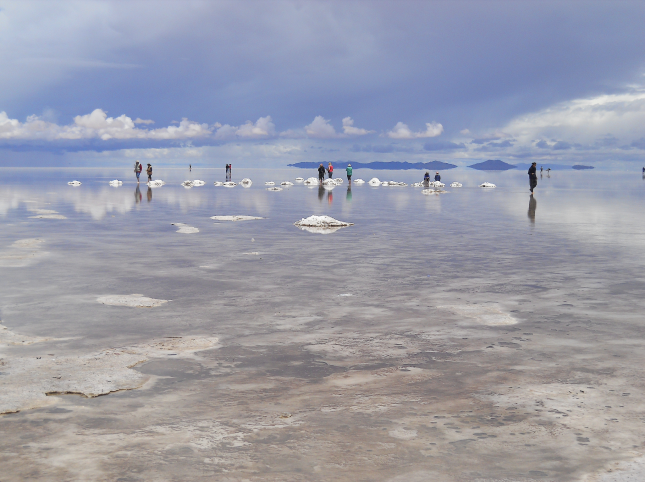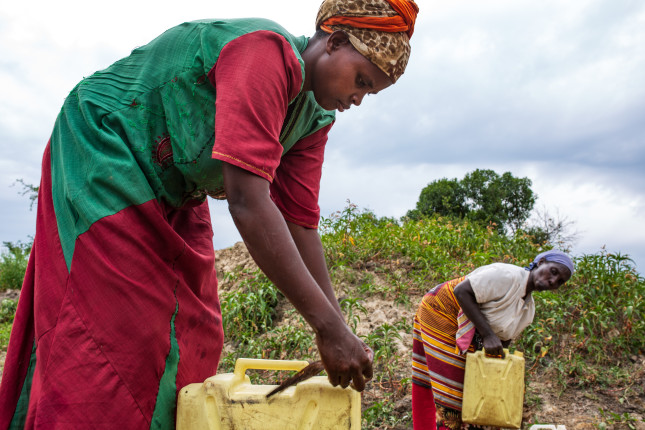-
New Analysis by Peter Schwartzstein: How Water Strategizing is Remaking the Middle East
›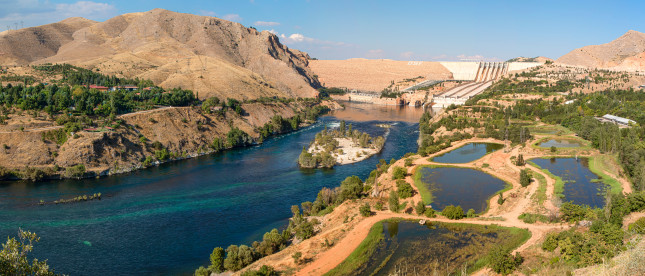
In the run up to COP 27 in Sharm El-Sheikh, Egypt, the first summit of its kind to be hosted in the region, water is rising on the agenda, and for good reason. In a new essay for the Wilson Center, Global Fellow Peter Schwartzstein explores how governments across the Middle East are approaching a world with less water – and to what effect. Drawing on a decade of environmental reportage from the Middle East, Schwartzstein sketches out how, why, and with what consequences states have adopted often dramatically divergent strategies.
-
Flood of Inequity: Confronting Climate Vulnerability Risk in China and Beyond
›2022 was a summer of climate extremes across the globe. Multiple heat events simmered across China and Europe, also in regions that are not “supposed to be this hot,” such as the United Kingdom. The western United States also baked in unusual heat, but perhaps the most damaging episode of the season occurred when extreme precipitation caused major flooding in Jackson, Mississippi. This untimely deluge exacerbated a pre-existing water infrastructure crisis in that city, leaving its 150,000, predominately black, residents without access to safe water for days.
-
Mary Hellmich, Tobias Bernstein, Transatlantic Climate Bridge
Transatlantic Subnational Climate Cooperation: Opportunities for Implementation
›October 14, 2022 // By Wilson Center Staff
Diplomacy between cities, counties, states and regions is critical to ensuring that diplomatic doors between countries are left open throughout changing political cycles at the national level. Such efforts are more important now than ever, especially for the climate crisis. As we head into COP27 with the message “from ambition to implementation,” cities have a critical role to play as the venues where many of the policies discussed at international climate negotiations will play out.
-
Sharon Guynup, Mongabay
2022: Another consequential year for the melting Arctic
›September 27, 2022 // By Wilson Center StaffIn August, I traveled aboard the icebreaker Kinfish to the Svalbard archipelago, north of the Arctic Circle. Invited to the bridge as we cruised fjords near the 80th parallel, I was transfixed by towering blue glacier walls, but was confused by the map displayed on one of the ship’s screens. It showed our vessel sailing across a non-navigable frozen sheet.
-
The Powerful Policy Ripples of Washington State’s CETA
›
States are sometimes overlooked as drivers of climate action, yet some of them have been true leaders that bring significant influence. In Washington State, for instance, a strong coalition has worked to develop a smart, foundational climate policy for decarbonization in all sectors of the state’s economy.
-
Food Security as a Driver for Sustainable Peace in Kenya
›
“The food system is complex; it is not just about food production,” said Florence Odiwuor, a Kenyan Southern Voices for Peacebuilding Scholar, at a recent event on the role of food security systems in sustainable peacebuilding in Africa hosted by the Wilson Center’s Africa Program. As a lecturer at the School of Agriculture, Natural Resources, and Environmental Studies at Rongo University, Odiwour observed that given the food system’s interconnectedness with issues like education, gender, finance, and labor, “disruptions or failures in the [food] system have caused a lot of conflict in [Kenya].”
-
Bolivia and Lithium: Can slow and steady win the race?
›
The looming 27th meeting of the Conference of the Parties (COP) of the UNFCCC in Egypt in November 2022 brings with it a moment of truth for many nations. They must intensify decarbonization efforts to meet their share of global commitments agreed upon at the Paris COP. Yet, the already significant challenges also have intensified. Disruptions of oil and gas flows caused by Russia’s invasion of Ukraine are slowing a global green energy transition—at least in the short-term. The depth of the crisis means countries are even scrambling to keep coal-powered plants working.
-
Climate Security at USAID: (Re)defining an Integrative Issue
›
Climate security is an essential conceptual framework to understand the global interplay of biophysical and socioeconomic forces that threaten our planet. Indeed, it is so important that new currents of science, politics, and advocacy make refining definitions a necessity.
Showing posts from category climate change.


